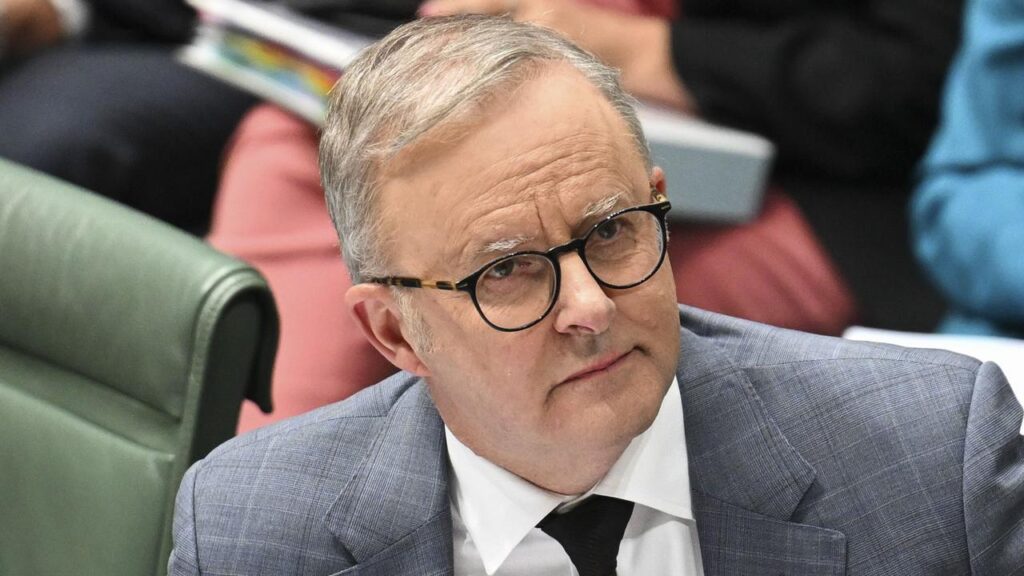‘Medical misogyny’ nightmare called out
Written by admin on October 28, 2024
“Medical misogyny” in the Australian healthcare system has been called out as a major issue.
Panellists on ABC’s flagship discussion show Q+A program on Monday night pointed to the extra health burdens and common misdiagnoses affecting Australian women.
General practitioner Dr Preeya Alexander said she had personally experienced misogyny.
“As a GP I will openly admit medical misogyny exists within health care,” she said.
“At the recent health summit two out of three women said they’d experienced discrimination.
“We know that when you come in with heavy vaginal bleeding or PMS, or irregular cycles, often things are dismissed.
“I’ve been told … PMS is normal. When I became a GP I went, ‘I can fix this, I actually know there are options out there’.”
“We know it’s harder for women to get diagnosed with something like endometriosis.”
The panellists responded to a question from Hannah Godlevsky, who said she had suffered from misdiagnosed adenomyosis, endometriosis and pelvic congestion syndrome for years.
Endometriosis is a debilitating condition that affects some one million Australian women and can devastate fertility.
According to Endometriosis Australia, women suffer for an average of more than six years before receiving a diagnosis.
Teal independent Dr Monique Ryan said medical misogyny was “definitely a thing”.
“There’s lots of intrinsic and systemic bias against women,” she said.
“In health care there are assumptions that are made about people’s pain experience and about the causes of various symptoms people experience at times.”
She said the problem was “entrenched” in the system and solutions would take time to unfold.
“We have a problem with complex and chronic disease in this country and our failure to deal with it through Medicare,” she said.
“The way we do billing, the way we reward speed, not need.
“People with complex difficult problems are often difficult to tease out in our medical system.
“It’s not just medical misogyny, sometimes it’s the fact that GPs are trying to get through their consult in 15 minutes so they can pay the bills.”
Federal Health Minister Mark Butler said he had heard “appalling” stories of young women not receiving a diagnosis for painful conditions.
“We weak men could not put up with the sort of pain … women and girls are just told it’s a part of life,” he said.
He said the federal government was now funding some 22 specialist endometriosis clinics.
“That’s not enough to deal with a million women who potentially have endometriosis.
“But what they are also doing is lifting the capability of GPs in their region as well, providing mentorship and training and we’re putting in place new practice guidelines, but we need a bigger piece of work I think.
“Dealing with the way in which women are able to access and get good advice around contraception, reproductive health and menopause.”







